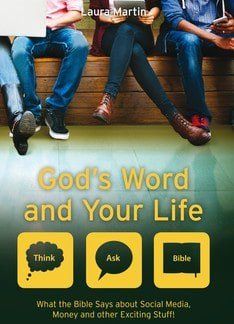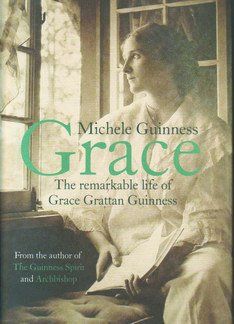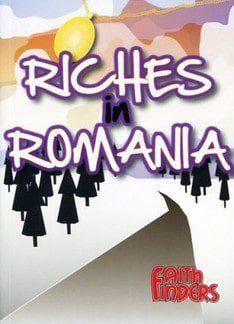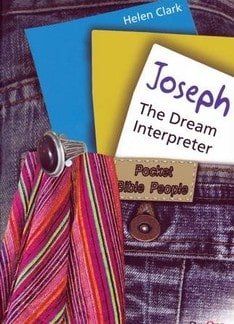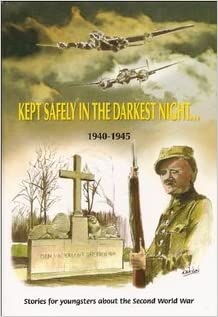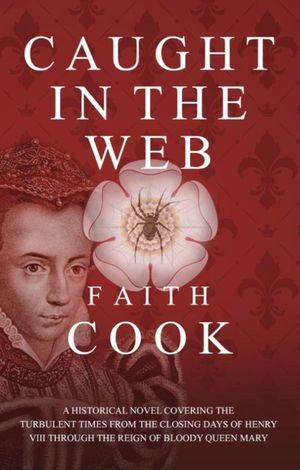Parents of pre-teenage children will have been aware of the Harry Potter phenomena for some years now. The first book came out in 1997 and the second was eagerly awaited, being quickly followed by the next and then the next.
Christmas 2001 saw the release of the first film: Harry Potter and the Philosopher’s Stone. Cinemas were packed with families eager to see if the film makers’ imaginations matched up to their own.
The media have added fuel to the ‘Harry Potter’ hype, and manufacturers of toys and games have had a field day in producing associated products such as Harry Potter dolls, ‘invisibility’ cloaks, collectors cards, new board games, computer games, activity books and stationery.
The question for Christian parents is whether or not the magic of Harry Potter is just that of a well-written children’s story, or whether it is indeed ‘Magick’ and therefore something more sinister that we should be more discerning about.
Harmless or dangerous?
Richard Abanes asks whether the Harry Potter books are ‘harmless fantasy or dangerous fascination’. His own book is subtitled: The menace behind the Magick and notes that ‘magic’ relates to stage illusions by sleight-of-hand, whereas ‘Magick’ refers to occult practices.
The book itself is set out in two parts and, once you get the hang of the sub-divisions in the first part, is very easy to read.
Part One deals with the first four Harry Potter books. Each book is given two successive chapters. The first is a resumé of the book, which Richard Abanes calls ‘A Brief Summary’, and the second chapter covers his views and opinions on its content (‘A Closer Look’). At the end of each second chapter, there are two sections, one called ‘Potterethics’ and the other ‘Ages 6 and Up?’ More of this later.
Part Two of Abanes’ book is more concerned with the wider issues of occultism, paganism, and Wicca (or witchcraft). He explores the sources from which he feels J. K. Rowling derived her inspiration for the stories.
He also includes a comparison between the ‘Potter books’ and those of Tolkien and C. S. Lewis, since these are also books of fantasy and J. K. Rowling’s writings have been likened to them.
Occult thread
Returning to Part 1, it was useful to have a brief summary of each of the four Potter books, since I had read only Book 1 of the series. Richard Abanes gives enough detail for the reader to understand the content of each book.
Following each synopsis is a detailed analysis of the story and what Abanes sees as the Magick behind it. He points out that ‘during an interview J. K. Rowling admits that she had studied mythology and witchcraft in order to write her books more accurately’.
The author seeks to show that there is a strong thread of the occult and demonic running throughout the Harry Potter books. As someone who has never read or understood much about the occult, I found some of the detail somewhat overwhelming.
That said, it has certainly opened my eyes to what is increasingly on offer to our children today, whether in TV programmes about teenage witches and vampire-slayers, or computer games with horrific violence and occultic undertones.
How much of it can our children be exposed to before they become anaesthetised to the dangers?
Morals and ethics
The sections on ‘Potterethics’ deal with the morals and ethics of the Harry Potter books. Many people and some churches have used the books to show how good always wins over evil but, as Abanes points out, in doing so they forget just how Harry Potter wins.
He consistently disobeys rules and instructions, all in the name of winning or being in the right.
Now, you could say this just epitomises normal boyish behaviour. But as the books go on, it is adults as well as children who bend the rules for their own self-interest. This, Abanes says, is consistent with modern Wicca (witchcraft) teaching.
The language gets stronger and the moral tone lower as the books proceed. There are several occasions when blasphemy is used, and drunkenness becomes a regular feature for one particular character.
This is nothing new in modern writing but, as Christian parents, we should be aware that these are things our children are being offered in the name of entertainment.
Suitability
‘Age 6 and Up?’ deals with the suitability of these books for children. J. K. Rowling has been quoted as saying that she ‘did not necessarily write these books for children’ and when the first book was published ‘was interested to see which age the publishers would market it for’.
It has since emerged that almost as many adults have read the books as have children. J. K. Rowling has planned to write seven books in this series to take Harry Potter up to school-leaving age, and perhaps intends the readership age to grow with the volumes.
Thus a child of nine or ten starting with Harry Potter and the Philosopher’s Stone could still be reading Potter books by the age of fourteen or fifteen. Rowling herself has repeatedly stated: ‘I can tell you that the books are getting darker’.
Book Four (Goblet of Fire) has already been compared to adult horror novels by some reviewers. Warnings have been given that this book might not be good for young children, especially before bedtime!
Reality and fantasy
Richard Abanes reminds his readers that J. K. Rowling’s stories are not based in the realms of fantasy but in the here-and-now. (At the end of 2001 you could travel through Kings Cross Station in London and see signs pointing to ‘Platform 9¾’ which is where Harry Potter and his friends catch the ‘Hogwarts Express’ to take them to ‘the finest school of witchcraft and wizardry in the world’).
Abanes’ fear is that ‘the separation between reality and fantasy may not be wide enough for some children to draw clear lines in their minds between the two worlds’.
Parents clearly need to teach their children to be discerning in the literature they read. To do so they will have to be active in acquainting themselves with the content of the books.
Vulnerable
Part Two of the book gives a lot of detail about ancient and modern occult practices and how they impact people’s lives today. The emphasis is on the effects on young teenagers in particular, a very vulnerable age for most.
This is a time when reality and fantasy often merge and when influences from outside the family are very strong.
Deuteronomy 18:10-13 reminds us that anyone who practises ‘divination, or sorcery, interprets omens, engages in witchcraft, or casts spell … is detestable to the Lord’.
We should be aware, then, that our children are being exposed insidiously to these very things. They need to be given our support to stand against influences that many of their peers both accept and enjoy.
Tolkien and Lewis
Richard Abanes then turns to Tolkien and C. S. Lewis and the disparity between their fantasy stories and the writings of J. K. Rowling.
He believes that ‘the most critical difference’ is the ‘spiritual perspectives from which they created their stories’. Tolkien, a Roman Catholic, is known to have written from a ‘Christian perspective’. So, of course, did C. S. Lewis who also published Christian apologetics.
Yet their books contain many references to magic, witches, wizards, good and evil. The difference, as seen by Abanes at last, is that their fantasy writings are far removed from reality and there is no direct link between the books and any religion.
By contrast, he says, the Harry Potter books contain many direct links with modern paganism and the occult.
Underlying emphasis
In conclusion, the final chapter gives Christian parents much food for thought. Ultimately, as Richard Abanes points out, they must make up their own minds about Harry Potter.
What the author has done in this very readable book is to set out clearly what he feels to be the underlying emphasis of the Harry Potter saga. He has shown me things in these books that I would not, perhaps, have looked for previously.
Whether or not you agree with him is, as he says, up to you. What this book does is to remind Christian parents of the need to be well informed, so that they can discuss with their children issues such as those raised by books like ‘Harry Potter’.
Finally, whether it is Harry Potter today or the next fad tomorrow, produced with masses of media hype, we should remember Ephesians 6:12: ‘our struggle is against … the powers of this dark world and against the spiritual forces in the heavenly realm’.
It is never easy to bring children up in a world where these things, seen or unseen, are the norm. We need to ‘put on the full armour of God’ and with his wisdom guide them in his ways.
Richard Abanes’ book is published by Horizon Books, 275 pages, £9.99, ISBN 0-88965-201-5.



